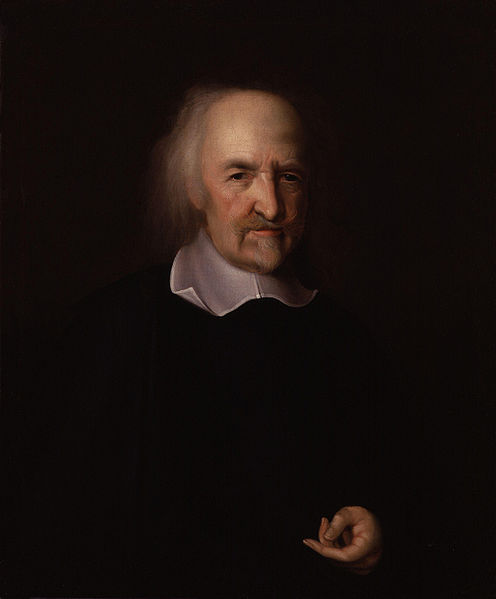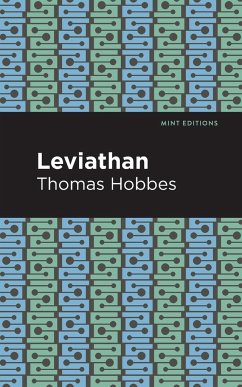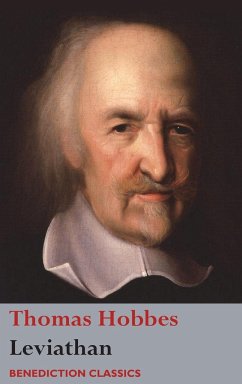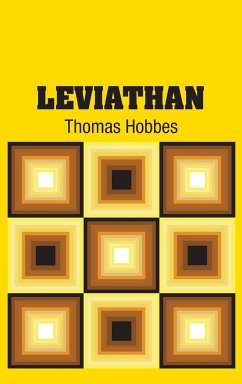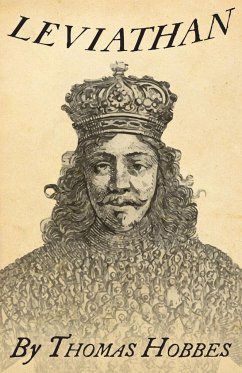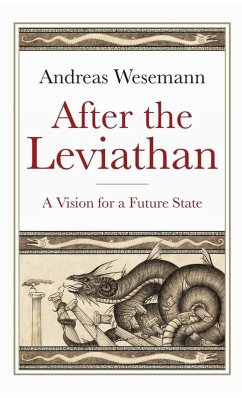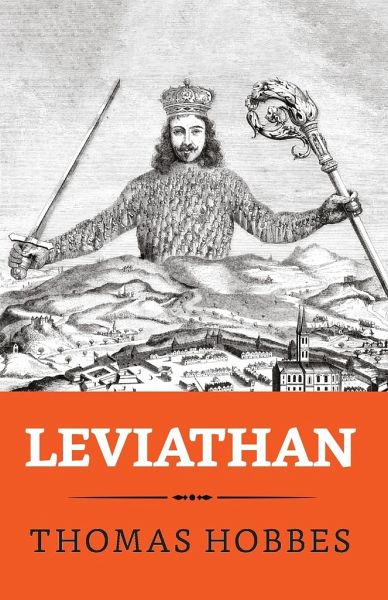
Leviathan

PAYBACK Punkte
14 °P sammeln!
Leviathan rigorously argues that civil peace and social unity are best achieved by the establishment of a commonwealth through social contract. Hobbes's ideal commonwealth is ruled by a sovereign power responsible for protecting the security of the commonwealth and granted absolute authority to ensure the common defense. In his introduction, Hobbes describes this commonwealth as an "artificial person" and as a body politic that mimics the human body. The frontispiece to the first edition of Leviathan, which Hobbes helped design, portrays the commonwealth as a gigantic human form built out of t...
Leviathan rigorously argues that civil peace and social unity are best achieved by the establishment of a commonwealth through social contract. Hobbes's ideal commonwealth is ruled by a sovereign power responsible for protecting the security of the commonwealth and granted absolute authority to ensure the common defense. In his introduction, Hobbes describes this commonwealth as an "artificial person" and as a body politic that mimics the human body. The frontispiece to the first edition of Leviathan, which Hobbes helped design, portrays the commonwealth as a gigantic human form built out of the bodies of its citizens, the sovereign as its head. Hobbes calls this figure the "Leviathan," a word derived from the Hebrew for "sea monster" and the name of a monstrous sea creature appearing in the Bible; the image constitutes the definitive metaphor for Hobbes's perfect government. His text attempts to prove the necessity of the Leviathan for preserving peace and preventing civil war.




